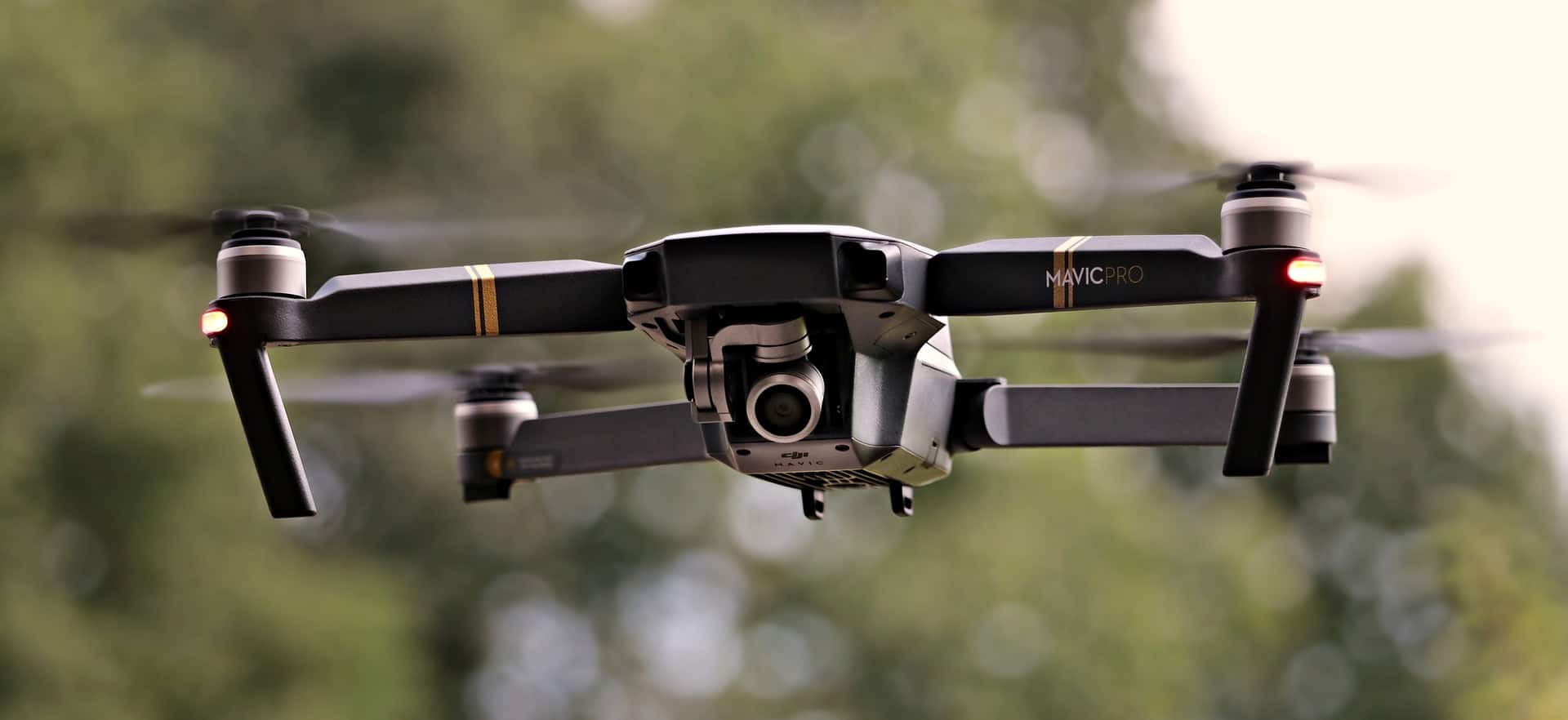Drone Culture(s): National and International Spaces of Application, Imagination and Regulation of Civil Drones
A joint workshop by Collegium Helveticum, Department of Social Anthropology and Cultural Studies at the University of Zurich and the Department of Geography at the University of Neuchâtel
Aleš Završnik (Inštitut za kriminologijo Ljubljana/Collegium Helveticum): Law Enforcement Drones and Surveillance of Public Space (February 15, 2018)
What does it mean to live and work in contemporary Drone Cultures?
Civil drones are popular. They are getting ever cheaper, smaller and more powerful. Due to their mobility and mediality, they are deeply entangled in spatial and power relations. Furthermore, they are symbolically charged Technoscience objects. Widespread notions such as Drone Age or Drone Culture ascribe an epoch-making quality to (civil) drones and are linked to popular imaginations of innovation, risk, and surveillance. These narratives render drones as fascinating and feared alike.
Drones are an international and somewhat universal techno-cultural phenomenon, yet their application and also their specific meanings are framed to a high extent by national regulation efforts, media discourses and popular culture. Taking the example of Switzerland, a popular discourse on Drone Swissness imagines Switzerland in analogy to the iconic Californian Silicon Valley as Drone Valley—which primarily denotes the start-up ecosystems of the ETH and EPFL. On one hand, Switzerland stands out due to the relatively liberal regulative framework and a vital economic interest in civil drone development and—to a lesser extent—application. On the other hand, studies show a rising skepticism towards the general use of—particularly private and commercial—civil drones among the Swiss population, mainly due to privacy concerns. Furthermore, Swiss air space is already intensively used, which raises additional safety concerns.
The one-day workshop aims at starting a dialogue between the many different perspectives in the field of civil drone research, development, application and regulation in Switzerland and beyond. It wants to draw together national and international as well as practical and theoretical perspectives in order to explore the cultural, political and regulatory issues at stake when professional or everyday lifeworlds are about to ‘enter the Drone Age’. How are civil drones entwined in symbolic, material and regulative spaces and how do they alter these spaces? Which economic and cultural narratives are invoked by civil drones as ambiguous Technoscience objects? What does it mean to live and work in different Drone Cultures?




